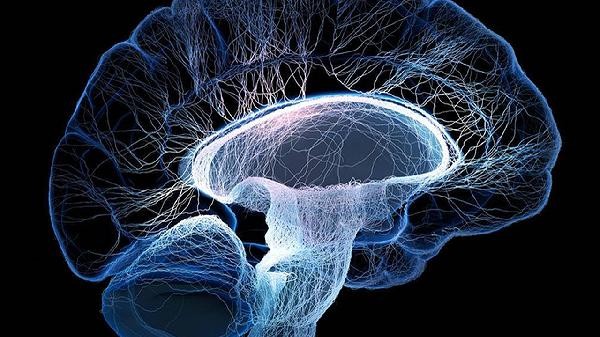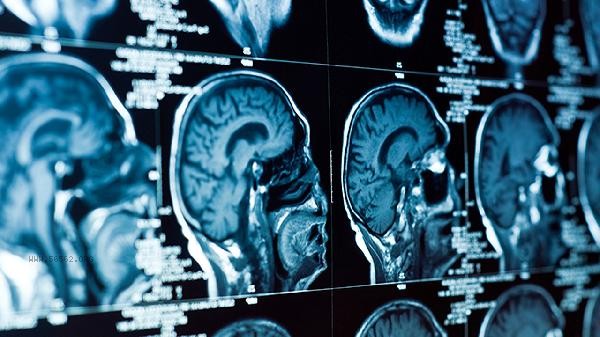The brain's tendency to forget things can be improved by adjusting lifestyle habits, supplementing nutrition, psychological regulation, moderate exercise, and mental training. Memory decline may be related to insufficient sleep, excessive stress, malnutrition, lack of exercise, or brain diseases, and targeted interventions should be carried out based on specific reasons.

1. Adjusting daily routine
Ensuring 7-8 hours of high-quality sleep every day helps to consolidate memory. Lack of sleep can hinder the integration of information in the hippocampus. It is recommended to set a fixed bedtime and avoid using electronic devices before bedtime. Taking a 20 minute nap in the afternoon can improve memory efficiency, and those who stay up late for a long time need to gradually adjust their biological clock.
2. Dietary optimization
Increase eggs and soybeans rich in lecithin, deep-sea fish supplemented with Omega-3 fatty acids, and whole grains containing vitamin B family. The antioxidants in blueberries and dark chocolate can reduce oxidative damage to brain cells. The daily intake of nuts should be controlled at around 30 grams to avoid high sugar diets that can cause blood sugar fluctuations and affect cognition.
3. Stress Management
Chronic stress can continuously increase cortisol levels and damage prefrontal cortex function. Mindfulness meditation and deep breathing exercises can reduce stress responses, and it is recommended to engage in 10 minutes of focused breathing training every day. Establish a reasonable work plan to avoid distractions caused by multitasking.

4. Aerobic exercise
30 minute brisk walking, swimming, and other exercises three times a week can promote the secretion of brain-derived neurotrophic factors and enhance neuronal connectivity efficiency. Maintaining a heart rate of 60% -70% of the maximum heart rate during exercise is most effective, and group exercise can also stimulate brain activity through social interaction.
5. Cognitive activation
Learning a new language, playing a musical instrument, or participating in board games can establish new neural pathways. Try to use non dominant hands to complete daily movements, regularly recall and retell important information. Individuals with significant memory decline can receive specialized cognitive training, such as targeted exercises for numerical memory and associative memory.

Persistent forgetfulness accompanied by orientation disorders or personality changes requires screening for organic diseases such as Alzheimer's disease. Daily memo system can be established to securely store items such as keys and certificates, and multiple reminders can be set up for important matters. Maintaining regular social activities and communicating with others can activate multiple functional areas of the brain, avoiding prolonged solitude and accelerating cognitive decline. Activities that require hand brain coordination, such as cooking and gardening, also help maintain cognitive reserves.








Comments (0)
Leave a Comment
No comments yet
Be the first to share your thoughts!